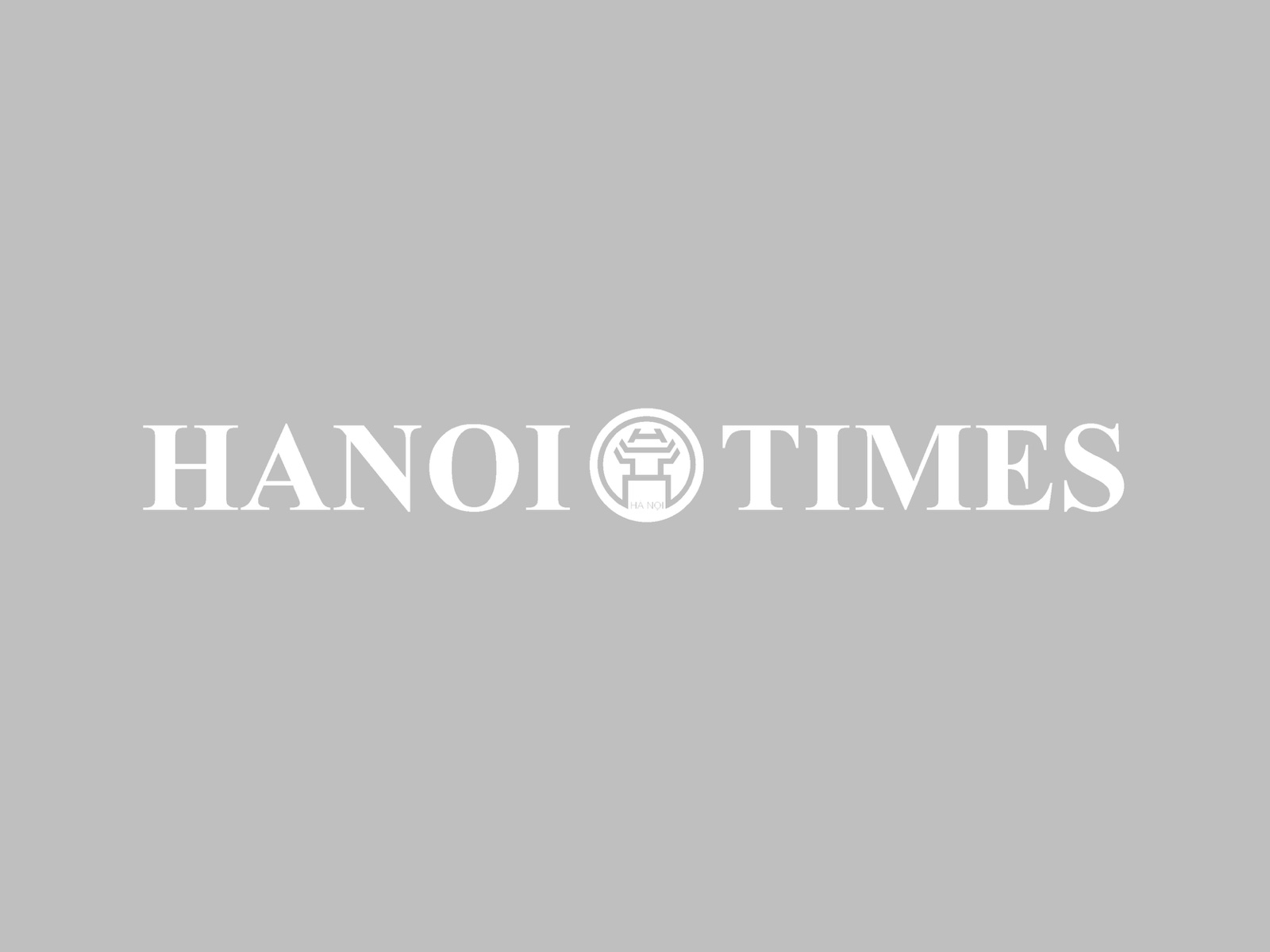Investment
German firms confident of Vietnam business despite trade war: AHK
Nov 19, 2018 / 05:02 AM
Vietnam is seen as a shelter for increasing tariffs, which have arisen because of the trade conflict between Washington and Beijing concerning goods produced in China.
The business confidence of German firms in Vietnam remains positive, with 54% of German enterprises having plans to continue investing in Vietnam in the 12 months ahead although the outlook on the global economy becomes dimmer due to the ongoing trade friction, a survey has shown.
Up to 52% of the firms intend to hire more employees, according to a regular survey of business members of the German Chamber of Commerce Abroad (AHK).
The survey obtains worldwide feedback of over 3,500 German businesses, branches and subsidiaries, as well as businesses with close connections to Germany. The survey was conducted in September and October 2018.
According to the AHK, German businesses’ positive sentiment stems from Vietnam’s continued economic growth. The conclusion of the free trade agreement with the EU will induce an additional boost for the economic development in the medium-term.
In addition to Singapore, the signing of the free trade agreements between the EU and ASEAN community of states indicates a strong signal for rule-based trade and against import restrictions. Vietnam is not only an important trade partner for the EU but also for Germany within ASEAN.
Additionally, Vietnam is also a shelter for increasing tariffs, which have arisen because of the trade conflict between Washington and Beijing concerning goods produced in China, the AHK said.
However, the survey pointed out that 44% of the companies still consider the economic policy framework conditions and the lack of skilled workers as greatest uncertainty factor for their businesses.
According to the survey, the development of the world economy was significantly slower than expected. Compared to the last survey, the confidence indicator of the global economic development is weakened.
Key risks for the economic development in the upcoming 12 months ahead are economic policy framework conditions (50%), domestic demands (37%) and the exchange rate (33%). Particularly in the US, almost every second company considers trade barriers (49%) as risk factor.
In the Asian-Pacific region, there is a more subdued mood in the companies compared to spring this year. According to the businesses, the Asian economic motor is going to take things more slowly. The increased key interest rates in the US, plus the Sino-American trade conflict, affect the economic climate in this region negatively.

German Chancellor Angela Merkel greets Vietnamese Prime Minister Nguyen Xuan Phuc ahead of the G20 Summit in the Hotel Atlantic in Hamburg, Germany, 06 July 2017. Photo: Michael Kappeler/dpa via AFP
|
The survey obtains worldwide feedback of over 3,500 German businesses, branches and subsidiaries, as well as businesses with close connections to Germany. The survey was conducted in September and October 2018.
According to the AHK, German businesses’ positive sentiment stems from Vietnam’s continued economic growth. The conclusion of the free trade agreement with the EU will induce an additional boost for the economic development in the medium-term.
In addition to Singapore, the signing of the free trade agreements between the EU and ASEAN community of states indicates a strong signal for rule-based trade and against import restrictions. Vietnam is not only an important trade partner for the EU but also for Germany within ASEAN.
Additionally, Vietnam is also a shelter for increasing tariffs, which have arisen because of the trade conflict between Washington and Beijing concerning goods produced in China, the AHK said.
However, the survey pointed out that 44% of the companies still consider the economic policy framework conditions and the lack of skilled workers as greatest uncertainty factor for their businesses.
According to the survey, the development of the world economy was significantly slower than expected. Compared to the last survey, the confidence indicator of the global economic development is weakened.
Key risks for the economic development in the upcoming 12 months ahead are economic policy framework conditions (50%), domestic demands (37%) and the exchange rate (33%). Particularly in the US, almost every second company considers trade barriers (49%) as risk factor.
In the Asian-Pacific region, there is a more subdued mood in the companies compared to spring this year. According to the businesses, the Asian economic motor is going to take things more slowly. The increased key interest rates in the US, plus the Sino-American trade conflict, affect the economic climate in this region negatively.








